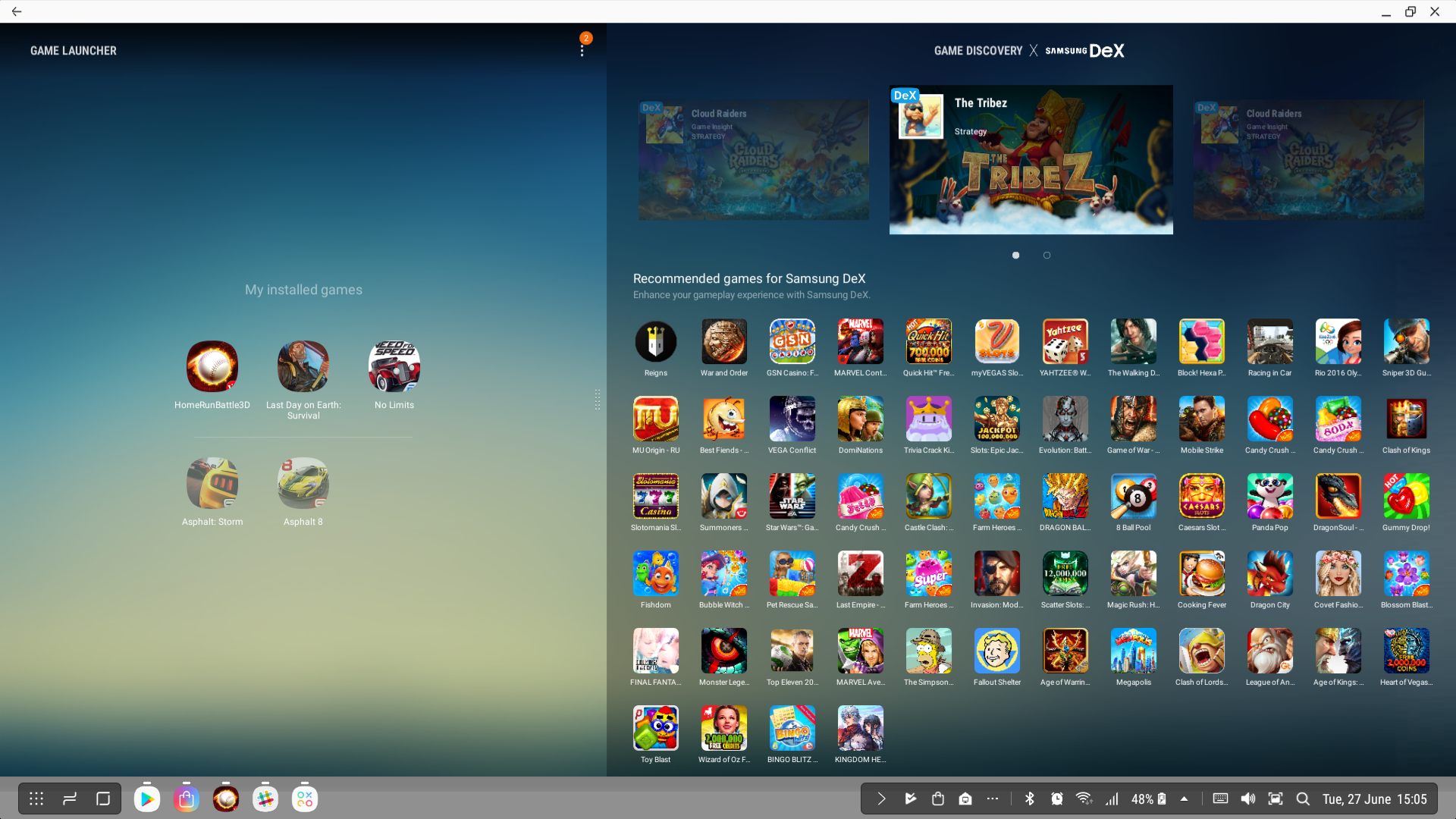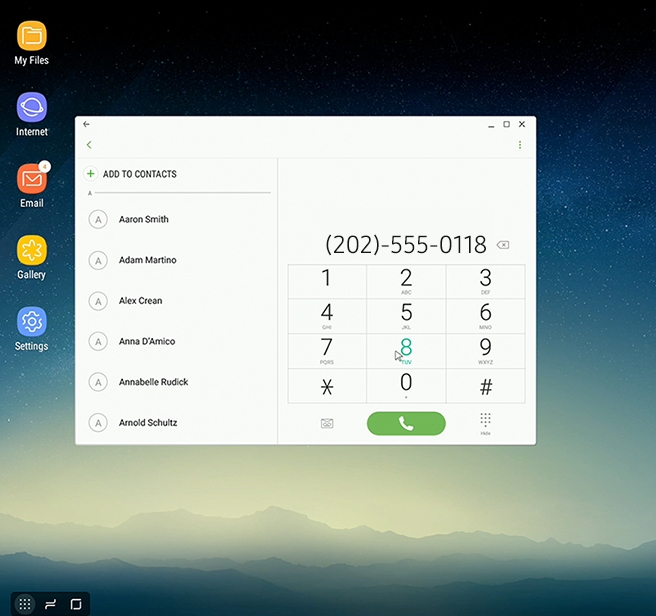

With each HTTP request to the API server, the authentication plug-in looks for the username, UID, and group(s). When communicating with a Kubernetes cluster, what kubectl is actually doing is interacting with the API server. #How Does Dex for Kubernetes Work?īefore getting into the details of how Dex works, it’s important to understand how the Kubernetes authentication process works. Moreover, as you will learn in the following sections, Dex also makes it possible to enforce better security and bring a modern and convenient login experience to Kubernetes. Put another way, you can think of Dex as an intermediary between kubectl and widely used identity providers like Okta, GitHub, Google, Microsoft, and Linkedin, among others.ĭex’s ability to serve as a bridge between Kubernetes and other identity providers allows administrators to implement centralized user and group management, which is essential in organizations with multiple teams.

that uses OpenID Connect (OIDC) to link Kubernetes and other OIDC-compatible services with a myriad of identity providers. #What is Dex?ĭex is an open source CNCF sandbox project and authentication service released by CoreOS, Inc. We’ll explore some of the problems it can solve, walk through a high-level overview of setting it up with a third-party identity provider, and consider some problems that still need to be solved that Dex doesn’t cover. In this article, you’ll learn more about Dex for Kubernetes. For that reason, Dex has become one of the best authentication solutions available for Kubernetes. Far from being a disadvantage, however, this allows administrators to integrate the most appropriate identity service provider for their organization.

This advertisement has not been reviewed by the Monetary Authority of Singapore.Despite being the most widely used open source container orchestration platform today, Kubernetes does not have the means to create and manage users-at least not natively. This information does not constitute an offer or solicitation of an offer to buy or sell any shares/units. dollarDEX does not guarantee any prices or valuations shown, and accepts no responsibility for their accuracy. Fund prices are provided by a third-party and clients should not rely on these prices for decision making. Any advice herein is made on a general basis and does not take into account the specific investment objectives of the specific person or group of persons.Īll prices and values shown on are indicative and is based on prices that is from 2-4 dealing days ago. Information obtained from third party sources have not been verified and we do not represent or warrant its accuracy, correctness or completeness. Some unit trusts may not be offered to citizens of certain countries such as the United States. Unit trusts are not bank deposits nor are they guaranteed or insured by dollarDEX. dollarDEX is affiliated with Singlife but dollarDEX does not receive any preferential rates for Singlife products as a result of this relationship. Past performance is not indicative of future performance. Investors investing in funds denominated in non-local currencies should be aware of the risk of exchange rate fluctuations that may cause a loss of principal. Unit trusts are subject to investment risks, including the possible loss of the principal amount invested. The value of the units and the income from them may fall as well as rise. Prospective investors are advised to read a fund prospectus carefully or may wish to seek advice from a financial adviser before applying for any shares/units in unit trusts or making a decision to purchase an investment product. All information here is for GENERAL INFORMATION only and does not take into account the specific investment objectives, financial situation or needs of any specific person or groups of persons.


 0 kommentar(er)
0 kommentar(er)
